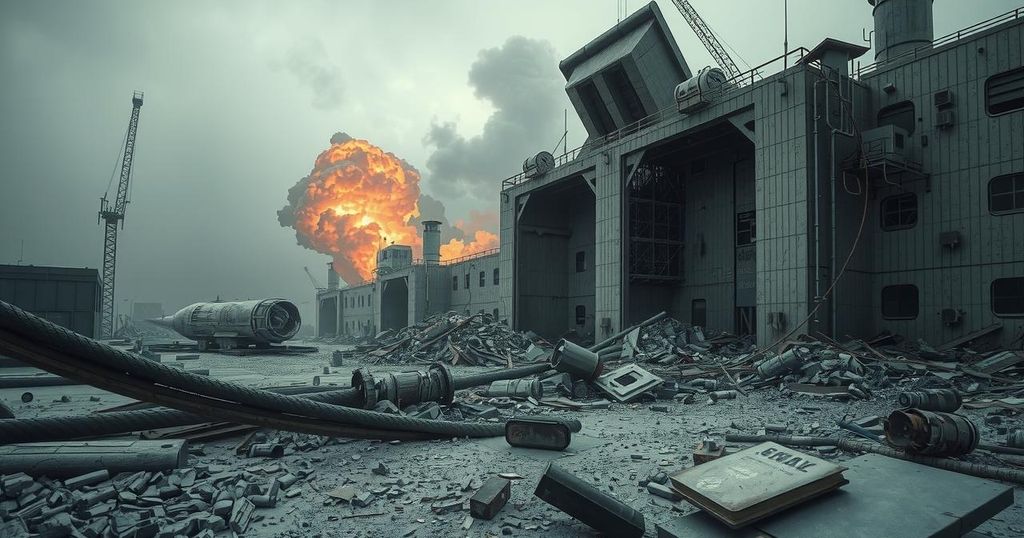CIA Chief: Iran Nuclear Program Set Back Years Due to Strikes

- CIA Director John Ratcliffe stated Iran’s nuclear program has been set back significantly due to recent military strikes.
- The military strikes effectively destroyed Iran’s only metal conversion facility, crucial for bomb creation.
- International Atomic Energy Agency confirms significant damage to Iran’s nuclear capabilities but warns remnants remain.
U.S. Military Strikes Have Major Impact on Iran’s Program
In a classified briefing this past week, CIA Director John Ratcliffe communicated to U.S. lawmakers that American military strikes had significantly dismantled Iran’s metal conversion facility. This development has resulted in a considerable delay for Tehran’s nuclear program, potentially setting it back years, according to a U.S. official who requested anonymity to discuss sensitive intelligence matters. As tensions around Iran’s nuclear ambitions continue to rise, this assessment emerges amidst broader questions faced by the Trump administration concerning the effectiveness and scope of these military actions.
Impacts on Iran’s Nuclear Facilities and Enriched Uranium
Ratcliffe’s briefing revealed that while most of Iran’s enriched uranium may be buried beneath the remains of the targeted facilities at Isfahan and Fordo, the obliteration of its metal conversion capability is a blow that Tehran may struggle to recover from. The process of metal conversion plays a critical role in creating the explosive core of a nuclear bomb. Rafael Grossi, Director General of the International Atomic Energy Agency, corroborated the impacts of the strikes, noting that significant damage has been inflicted on Iran’s uranium treatment and conversion capabilities, yet he also cautioned that remnants of these capabilities remain.
Concerns and Future Considerations on Iranian Nuclear Capability
Despite the advances made through military action, there are notable concerns about Iran’s long-term capacity to pursue nuclear weapons. Ratcliffe reiterated to lawmakers that Iran’s air defenses have been severely compromised, suggesting that any efforts Iran might make to rebuild its nuclear program would now face obstacles from Israeli airstrikes. Israeli officials have also indicated that the strikes have neutralized Iran’s ability to enrich uranium for some time, although Grossi and some Democratic lawmakers warned that Iran still retains the technical know-how to eventually rekindle its program, underscoring the necessity for diplomatic engagement moving forward.
The U.S. military strikes on Iran’s metal conversion facility appear to have delivered a serious blow to Tehran’s nuclear ambitions, hindering its progress on building a bomb for the foreseeable future. While damages to key facilities such as those at Isfahan and Fordo have been confirmed, the lingering presence of enriched uranium and knowledge remains a concern. This scenario highlights an ongoing need for diplomatic negotiations on Iran’s nuclear program to ensure comprehensive controls over its nuclear ambitions going forward.






